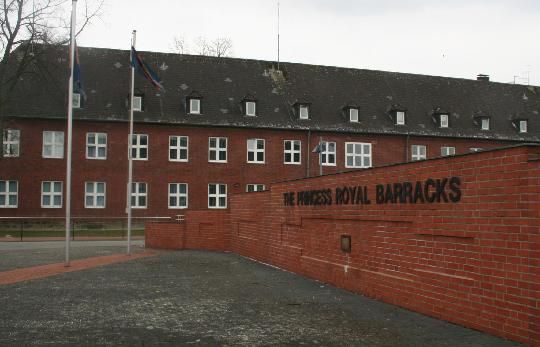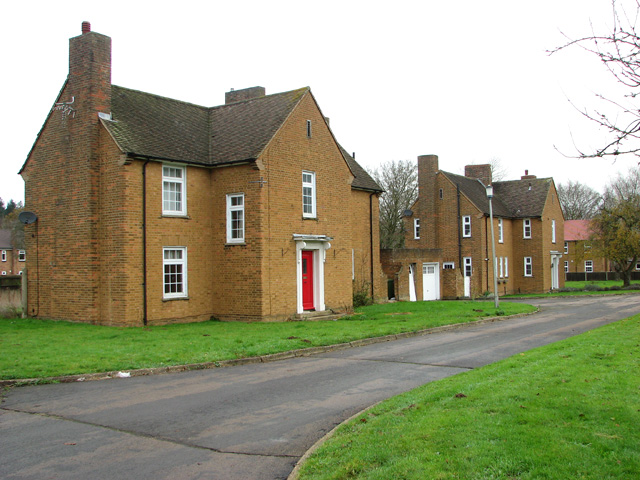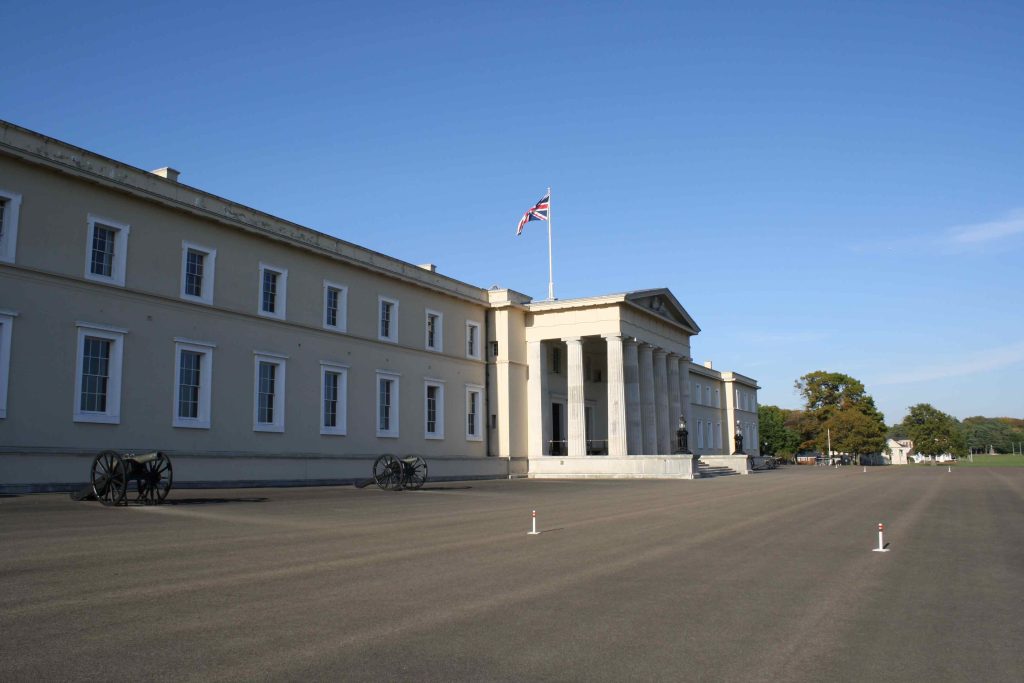British Army Soldier Accommodation: Where Do Soldiers Sleep?
Have you ever wondered where British Army soldiers sleep? Films often show rows of cramped bunk beds in large dormitory rooms, but British Army soldier accommodation is more varied and practical. Depending on their rank, location, and marital status, soldiers live in a wide range of accommodations that are designed for comfort, utility, and privacy. Let’s explore where British soldiers actually stay throughout their service.

Location Matters in British Army Soldier Accommodation
Where a soldier is stationed has a significant impact on their living conditions. For soldiers deployed in operational theatres like war zones, accommodation is usually simple and functional. Soldiers often stay in large tents equipped with corridors, communal toilets, and basic facilities to ensure efficiency. These are designed for practicality in challenging environments.
In the UK, British Army soldier accommodation differs based on the base’s location. Soldiers stationed in cities may live in rented houses on the commercial market, while those on rural bases stay in barrack-style accommodations. Whether on base or off, military housing is heavily subsidized, often making it one of the major perks of service.
Communal Living During Training
In the early stages of an Army career, soldiers live communally. During basic training, soldiers often bunk in rooms with up to 20 others. The shared space fosters camaraderie and builds a sense of unity early in the military experience. It may not be luxurious, but it helps new recruits adapt quickly to military life.
Once soldiers move on to trade training, the situation improves. British Army soldier accommodation becomes more private, with some soldiers moving into 2-man rooms, providing a bit more comfort and personal space. The shift from communal living to more private setups marks progress in the soldier’s career and prepares them for more permanent postings.
Married vs. Single: Different Housing Options
A soldier’s marital status also plays a major role in determining where they live. For single soldiers, Single Living Accommodation (SLA) provides barrack-style living spaces. These range from shared rooms to private, en-suite bedrooms in modern camps. Some camps have been upgraded to include Z-type accommodation, offering single soldiers more privacy and comfort than traditional barracks.
Married soldiers or those in long-term relationships are eligible for Married Quarters. These homes, often semi-detached or terraced, provide space and privacy for families. These quarters are located either on or near the base and come at a fraction of civilian rent prices. Depending on the soldier’s rank, they could be living in a cozy 2-bedroom house or a larger 3-bedroom property with access to amenities like garages and gardens. The availability of housing for families is one of the major advantages of British Army soldier accommodation.

Rank Determines Housing Quality
In the Army, your rank often dictates the quality and size of your accommodation. For Junior Non-Commissioned Officers (JNCOs), living arrangements are still fairly modest. Single JNCOs live in shared barracks, while married JNCOs typically have access to small houses located near the base.
Senior Non-Commissioned Officers (SNCOs) enjoy more privacy. Single SNCOs stay in upgraded messes with private rooms and shared facilities, while married SNCOs have larger homes.
Officers, unsurprisingly, get the best accommodations. Single officers live in the Officer’s Mess, often a stately building with private rooms, while married officers are given detached houses, complete with garages and gardens. These homes are often situated in quieter parts of the base, away from the junior ranks, providing more luxury and space.

Deployments: Temporary and Basic Accommodations
When soldiers are deployed, they must adapt to basic and temporary living arrangements. British Army soldier accommodation in operational theatres is functional but minimalist. Large tents or temporary structures serve as homes, providing the essentials soldiers need during deployments. While it’s not glamorous, these accommodations are designed for quick setup and takedown, allowing troops to remain mobile and efficient in the field. As operations stabilize, living conditions improve slightly, but the focus remains on functionality over comfort.
Z-Type Accommodation: A Modern Upgrade
In recent years, Z-Type accommodation has transformed the housing experience for single soldiers. These modern rooms come with en-suite bathrooms, offering more privacy and personal space than older barrack-style arrangements. Z-type housing is an important shift in British Army soldier accommodation, as it addresses the need for greater comfort while still fostering the communal bonds that are so essential in military life.
The availability of Z-type accommodation has made Army life more appealing to many soldiers, providing them with a modern, comfortable place to live when they’re not on deployment. It’s one of the many ways the Army is evolving to meet the needs of today’s soldiers.
Conclusion: British Army Soldier Accommodation is More Than Bunk Beds
In the movies, Army barracks are often portrayed as cramped and uncomfortable, but the reality is much more diverse. British Army soldier accommodation is designed to meet the needs of soldiers at every stage of their career. Whether it’s communal living during training, modern en-suite rooms in Z-type housing, or family homes for married soldiers, the Army provides a variety of living arrangements that balance comfort, privacy, and practicality.
Rank, marital status, and deployment location all influence where and how a soldier lives. However, one thing remains constant: British Army soldier accommodation ensures soldiers have safe, comfortable places to rest, whether on base in the UK or deployed abroad. If you’re considering a career in the Army, rest assured that the housing provided is more than just a bunk bed—it’s a key part of making military life sustainable and rewarding.


